Things do Work in India… Here are some Lessons
900 people sat cross-legged on the floor in neat rows. Volunteers filed, like a stream of ants, dispensing metal trays, spoons, dropping naan into our raised palms and ladling lentils and curries onto our metal trays. We ate in communion with this group of strangers, a small number of the 15,000 to 20,000 fed each day for free at the Bangla Sahib Sikh Temple in Delhi, India.
“Things work in India; they just don’t work the way you expect them to,” Dushyant, our G-Adventures CEO (Chief Experience Officer) had declared in the kick-off meeting for our 7–day trek in India.
I had already observed what, by right, should have been at least 20 serious road accidents, with cars, buses, trucks, auto rickshaws, human rickshaws, bicycles, motorcycles and pedestrians each claiming their own inalienable right of way on the roads. Maybe it was the incessant cacophony of horns, maybe the confidence with which each parlayed into their rightness in front of everyone else – somehow, the traffic flowed. So I had an idea he was right, and opened to looking at what may seem like chaos, and seeing some type of order.
The scene in the Temple confirmed Dashyant’s view. I was awed by the order with which the whole process flowed. Volunteers accepted donations in the warehouse, chopped vegetables, cooked large vats of curries, kneaded and rolled balls of dough into naan (see the photo of me doing my volunteer work), corralled each group of diners into and out of the hall, dished out food, collected and washed trays and a multitude of other tasks involved in feeding such a throng every 20 minutes or so. Yet there was no sign of anyone organizing the effort, of being in charge.
And I wondered: why is this working so well? I believe that it worked, and works everyday in Sikh temples throughout the world, because all are clear and aligned in their values, mission and tasks.
- Clarity of values – the Sikh religion started over 500 years ago. They believe that there is one God, and that all people are equal, regardless of race, colour, creed, gender or any other perceived difference. They reject the caste system of Hindus. All are welcome.
- Clarity of mission – because equality is the fundamental tenet, in Sikh temples all over the world, all who want to eat receive a free vegetarian meal. All are equal. All must receive basic sustenance.
- Clarity of tasks – in feeding a constant stream of people every day, and turning away no one, there are discreet tasks involved and everyone knows what they are. The process is simple and clear. Volunteers see the need and get to work. For example, my group had walked in, seen spaces where work needed to be done, and did it (with the help of Indian volunteers who guided us in how to roll out the naan).
Lessons for leaders: as you look at your organization and how work gets done, ask yourself if you and your team are clear on the fundamental values, the mission and the tasks required to carry out the mission. If things are not working, it probably indicates lack of clarity and misalignment. Before focusing on fixing systems, processes and tasks, begin with the values and mission. Is your team clear? Are you? Do the work on the values first, and then the mission and the right tasks will become a lot clearer (and perhaps simpler).
Ask yourself repeatedly, “Is what I am doing reflecting and in line with the organizational values and mission?” and ask others the same. But remember: always start with yourself.
TAKE ONE ACTION
Identify a process that is not working. Ask yourself and your team:
a. What are the core values being demonstrated in this process?
b. Are these values in alignment with our corporate core values?
c. How do we adjust/change/transform the process to demonstrate the values?
Here are some of my blogs on Values:
“Coeur“ Values – Leadership From The Heart – click to view article
What’s Your Leadership Vision? – click to view article
Business For Higher Purpose – click to view article
INTERESTING LINKS
The economics of providing “free” lunch to employees. Yes, it makes business sense, but how about just doing it from the heart?
– click to view article
“The starting point is the same: the voice of the athletes. We look at the problems they identify, and we solve them. People may think we just use athletes for advertising, but they’re even more important for their insights.” What’s your starting point?
– click to view article

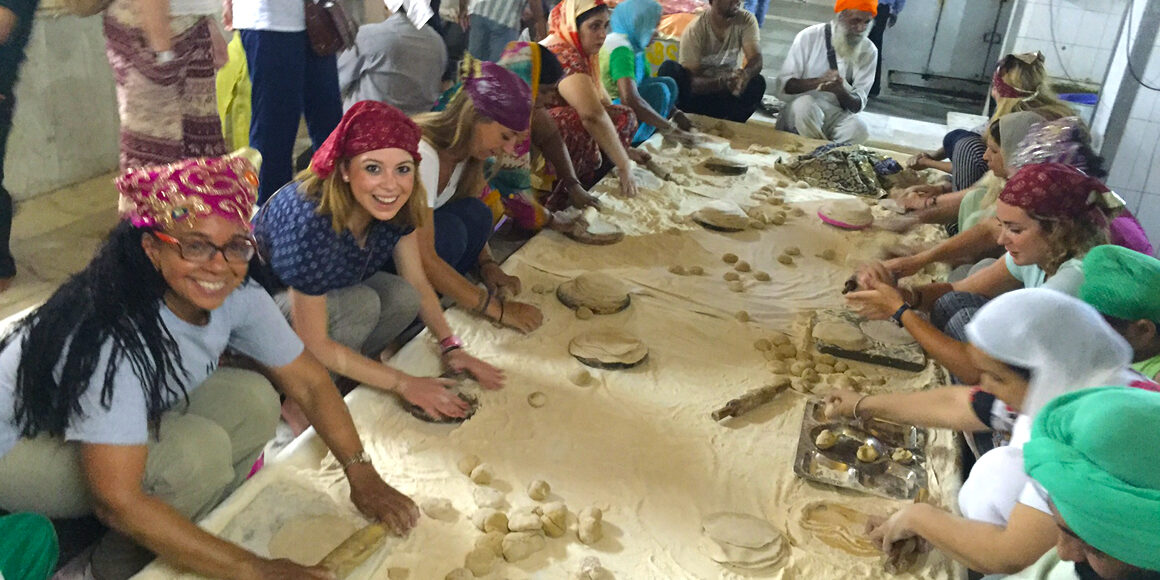
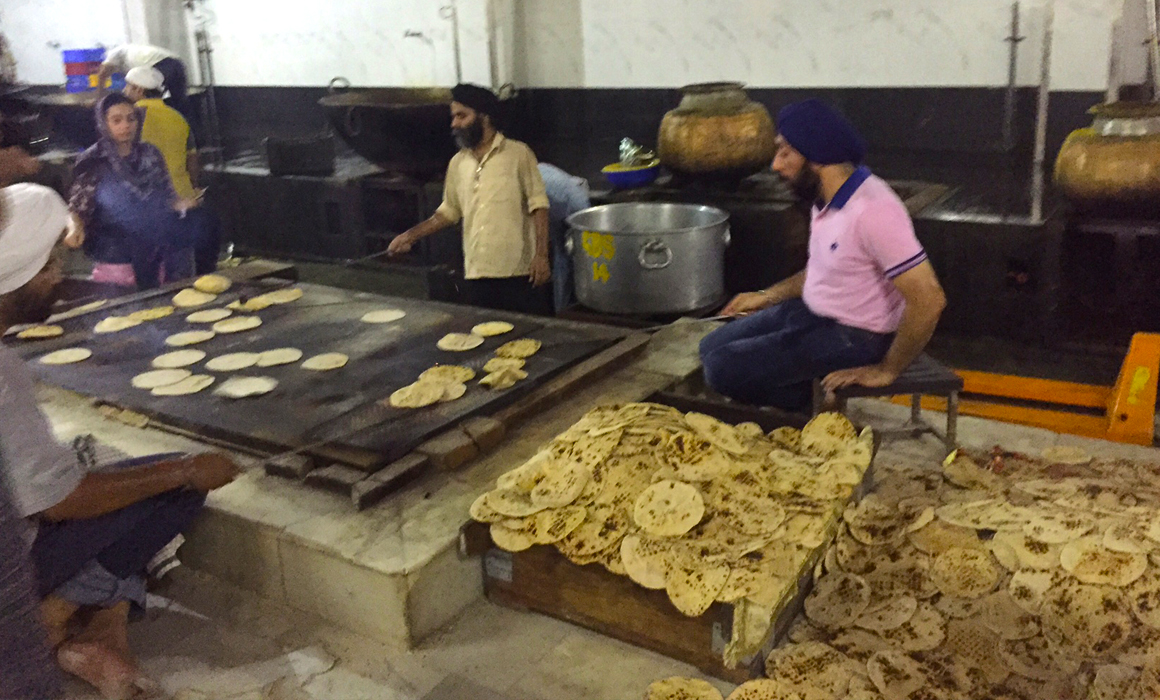
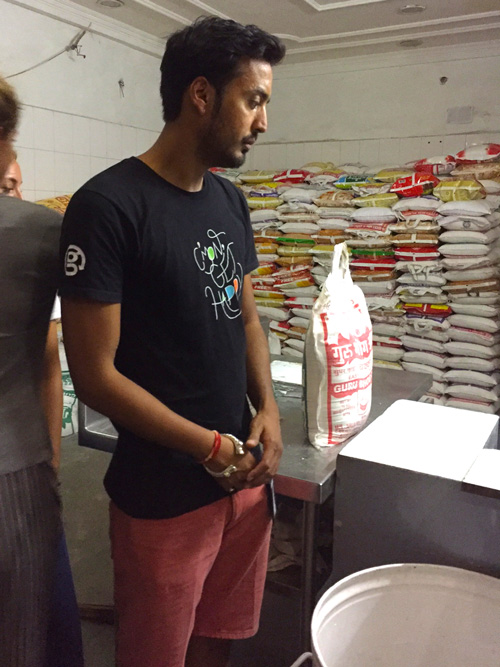
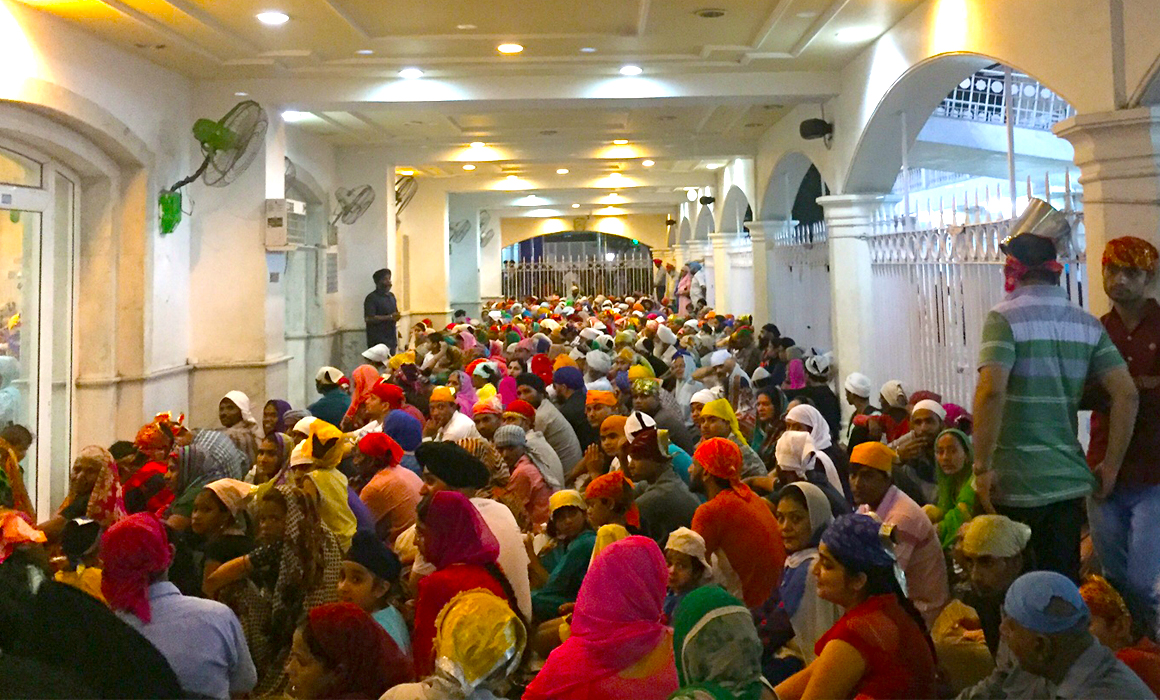
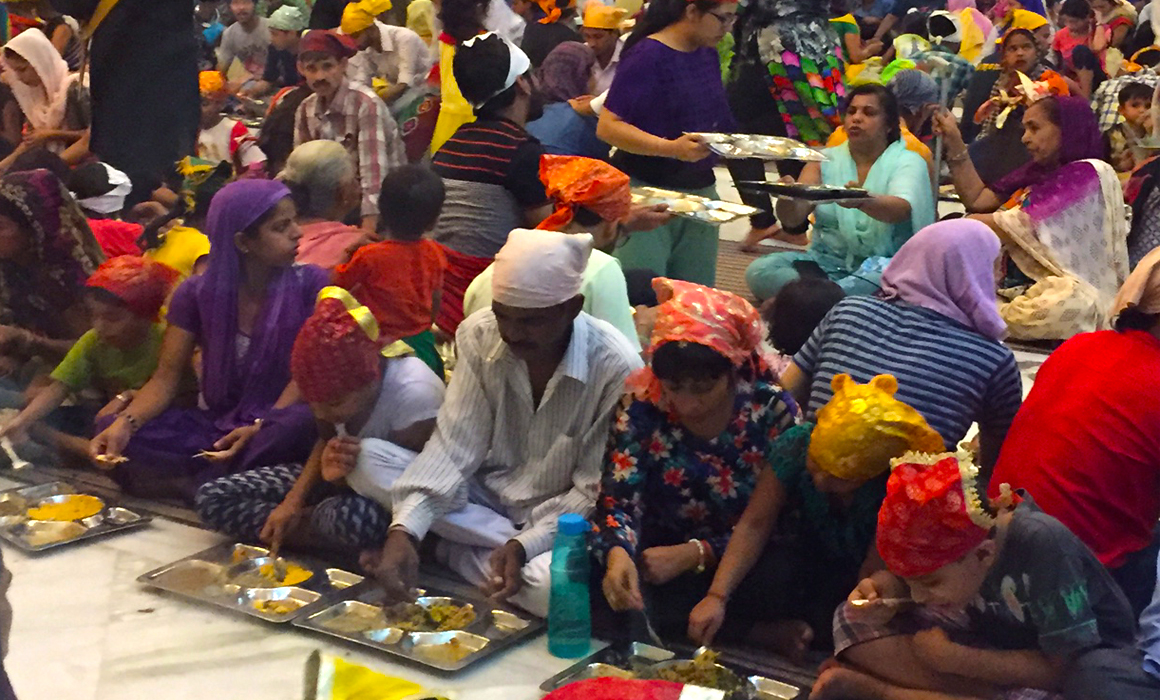




Marguerite
Thanks for this blog about your experience in India. It reminds us also that cultural understanding is critical….that once a way of life is established, people just fall into line. I harken to the Jamaican experience, where sometimes top economists are baffled at the way things just seem to ‘work out.’ I have never been to India but from your writings here, it seems that there is a ‘contract’ amongst all and they just do what they must. Seems you really enjoyed this trip.
Namaste